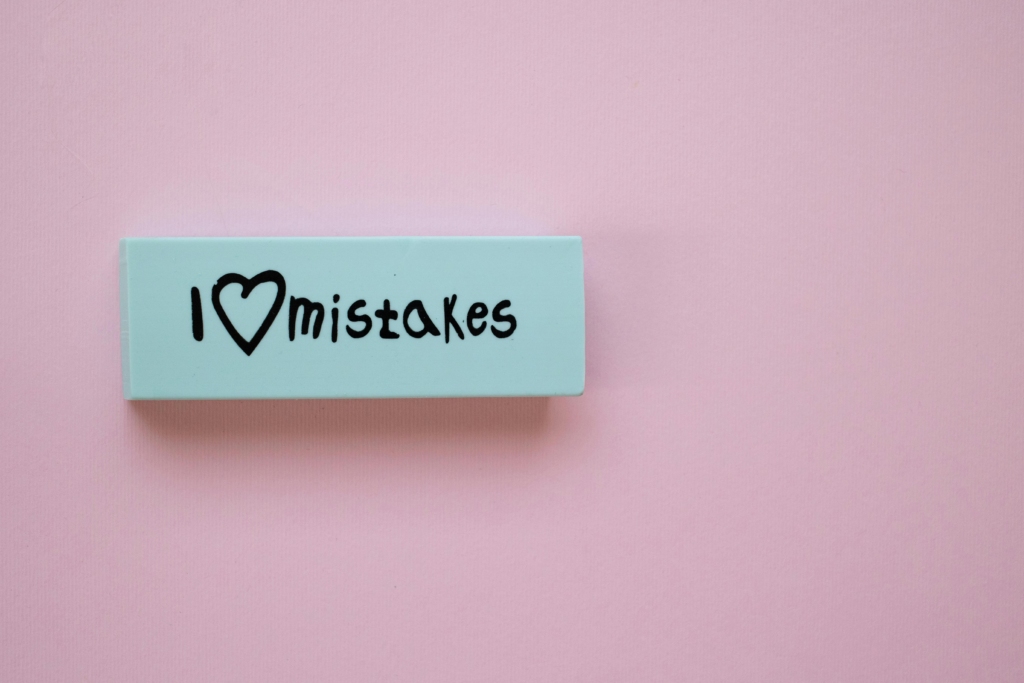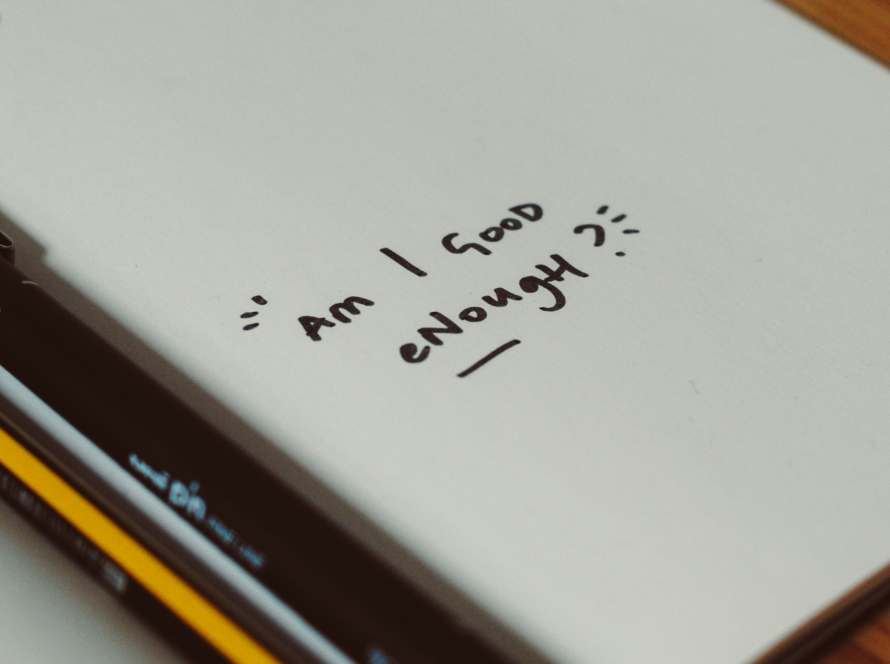QEmotions are a fundamental part of being human. They shape our experiences, guide our decisions, and influence our relationships. But let’s be honest—sometimes, our emotions can get the best of us. We react impulsively, misinterpret situations, or hold on to feelings that don’t serve us well.
The truth is, everyone makes emotional mistakes. The key is not to avoid emotions altogether but to recognize these common pitfalls and learn how to navigate them with more awareness and control.
Let’s explore some of the most common emotional mistakes we all make—and how we can start improving our emotional well-being.
Suppressing Emotions Instead of Processing Them
Many of us have been conditioned to believe that showing emotions is a sign of weakness. We bottle up feelings, push them aside, or distract ourselves in an attempt to avoid discomfort. But suppressing emotions doesn’t make them disappear—it just delays the inevitable.
Unprocessed emotions often resurface in unexpected ways, whether through stress, anxiety, or even physical symptoms like headaches and tension. Instead of suppressing, try acknowledging what you’re feeling. Journaling, talking to a trusted friend, or practicing mindfulness can help you process emotions in a healthy way.


Taking Things Too Personally
It’s easy to assume that someone’s words or actions are a direct reflection of how they feel about us. A short response from a friend, a coworker’s bad mood, or an unanswered text can quickly spiral into self-doubt.
But in reality, people’s behaviors are often more about them than they are about us. Maybe your friend is stressed, your coworker is dealing with personal issues, or the text just got lost in the shuffle. Learning to separate yourself from others’ emotions can save you unnecessary pain. The next time you find yourself taking something personally, pause and ask, “Could this have nothing to do with me?”
Between stimulus and response, there is a space. In that space is our power to choose our response. In our response lies our growth and our freedom.
Viktor E. Frankl, Man’s Search for Meaning
Overthinking and Replaying the Past
Overanalyzing situations is one of the biggest emotional traps. We replay conversations in our heads, wondering if we said the wrong thing. We dwell on past mistakes, feeling guilt or regret for things we can’t change.
The problem with overthinking is that it doesn’t solve anything—it just keeps us stuck. Instead of getting lost in the “what-ifs,” focus on what you can control: the present moment. Practice redirecting your thoughts when you notice yourself spiraling. Ask yourself, “Does this thinking serve me, or is it keeping me stuck?”
Letting Fear Control Decisions
Fear is a natural emotion designed to keep us safe, but when it dictates our decisions, it can hold us back. Whether it’s fear of failure, rejection, or the unknown, many people stay in their comfort zones because they don’t want to take risks.
While fear can be valid, it shouldn’t be the deciding factor in your life choices. The next time you hesitate because of fear, ask yourself, “Am I making this decision based on facts or just fear?” Growth happens when we push past our comfort zones and take steps toward what we truly want.

Seeking External Validation Instead of Self-Approval
Many of us look to others for validation, whether through social media, relationships, or work achievements. While external approval can feel good, it becomes a problem when our self-worth depends on it.
True confidence comes from within. Instead of chasing approval, focus on self-validation. Celebrate your achievements, acknowledge your strengths, and remind yourself that you are enough—regardless of what anyone else thinks.
Holding Onto Grudges and Resentment
Holding onto anger or resentment often feels justified, especially if someone has hurt you. But the truth is, carrying these emotions only weighs you down. Resentment doesn’t punish the other person—it just keeps you stuck in pain.
Forgiveness doesn’t mean excusing bad behavior or forgetting what happened. It simply means choosing to release the emotional hold that situation has on you. Letting go is for your own peace, not for anyone else.
Expecting Others to Read Our Minds
A common mistake in relationships—whether romantic, family, or friendships—is expecting people to just “know” what we need. We assume that if someone truly cares, they’ll pick up on our emotions without us having to say anything.
But the reality is, people aren’t mind readers. If you need support, ask for it. If something is bothering you, communicate it. Clear and open communication prevents misunderstandings and strengthens connections.
Comparing Yourself to Others
Comparison is one of the quickest ways to feel inadequate. With social media, it’s easier than ever to look at other people’s lives and feel like we’re falling behind. We compare careers, relationships, lifestyles, and even personal growth.
The truth is, everyone’s journey is different. People only show their highlights, not their struggles. Instead of comparing, focus on your own path and progress. The only person you need to be better than is who you were yesterday.
Ignoring Your Own Needs for the Sake of Others
Being there for others is important, but not at the cost of your own well-being. Many people struggle with people-pleasing, saying yes to things they don’t want to do, or putting others’ needs above their own.
Neglecting yourself leads to burnout and resentment. It’s okay to set boundaries, say no, and prioritize your well-being. Taking care of yourself isn’t selfish—it’s necessary.
Believing That Your Emotions Define You
One of the biggest emotional mistakes is thinking that temporary emotions define who we are. Feeling sad doesn’t mean you’re weak. Experiencing anxiety doesn’t mean you’re broken. Having moments of doubt doesn’t mean you’re failing.
Emotions come and go—they are not permanent. The next time you feel overwhelmed, remind yourself, “This feeling is temporary. It will pass.” Learning to observe your emotions instead of being consumed by them is a powerful step toward emotional resilience.

We all make emotional mistakes—it’s part of being human. The goal isn’t to be perfect but to become more self-aware. By recognizing these common emotional pitfalls, we can begin to respond to life with greater clarity, confidence, and inner peace.
The more we learn to navigate our emotions, the more empowered we become in our relationships, decision-making, and overall well-being. Growth is a journey, and every step toward emotional awareness brings us closer to a more balanced, fulfilling life.
Which of these emotional mistakes do you relate to the most? Share your thoughts or experiences in the comments—I’d love to hear your perspective.


